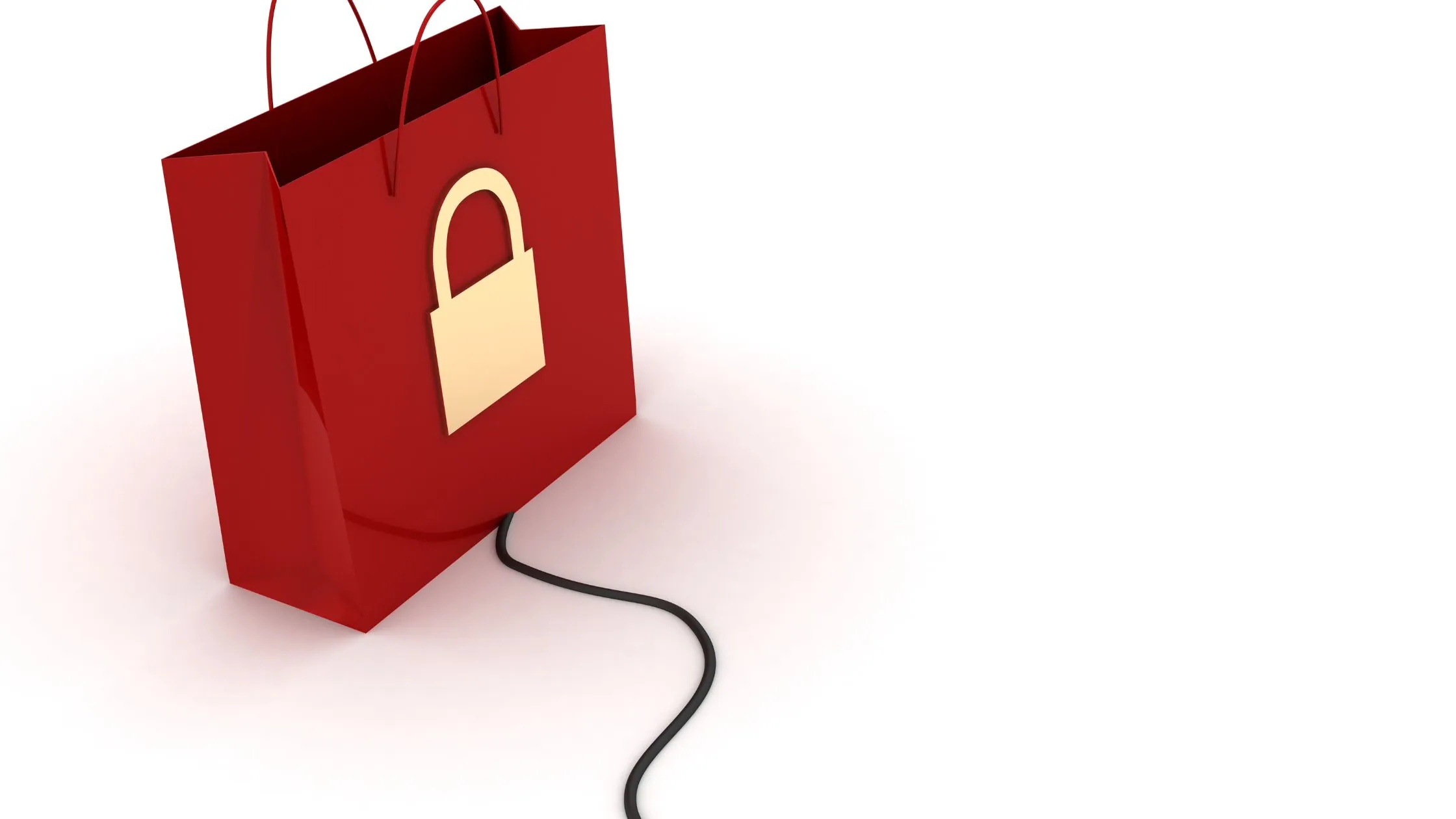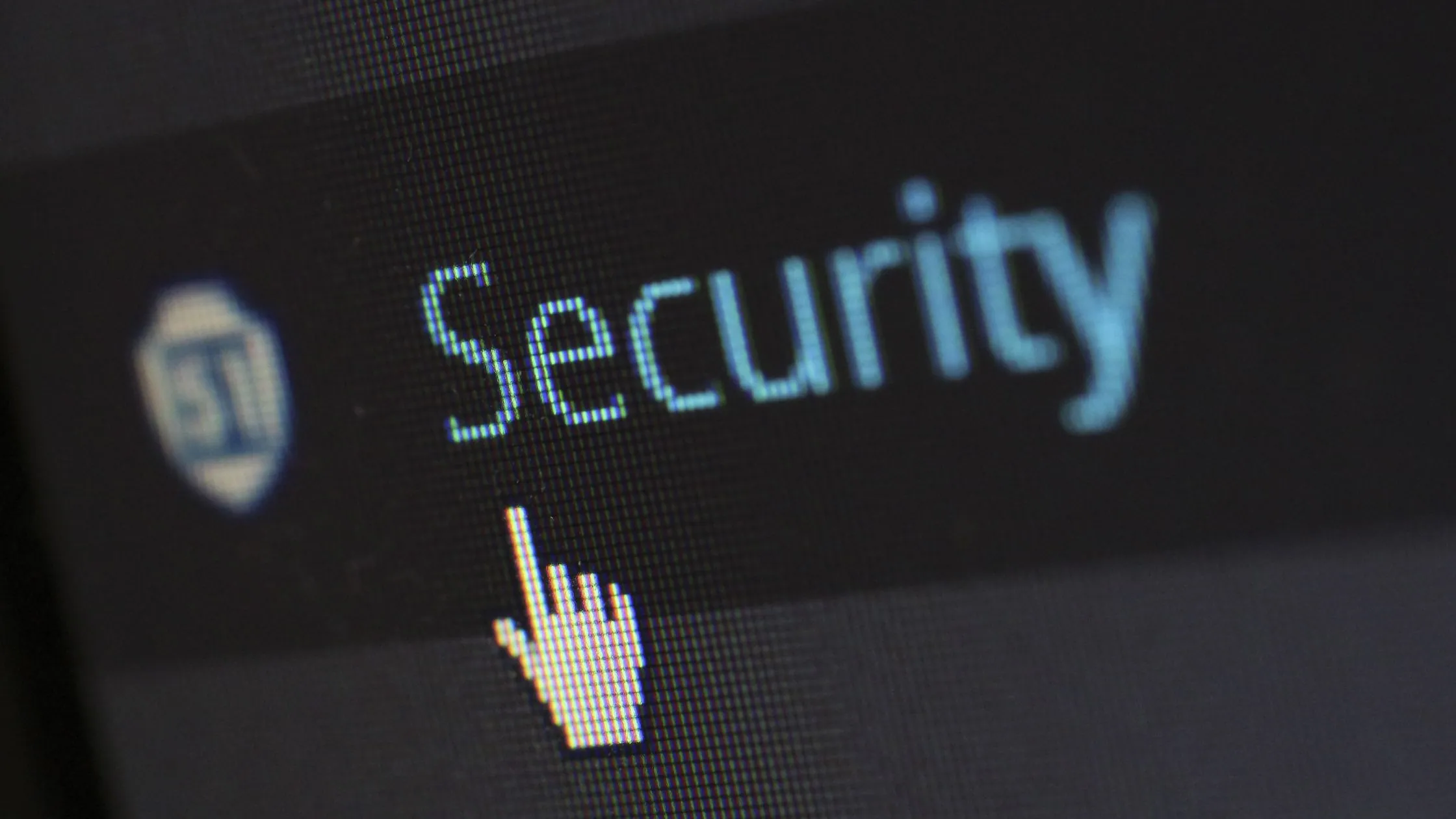In the expansive world of the internet, your website serves as the digital face of your brand or personal identity. It’s the gateway through which potential customers, readers, or visitors interact with your content. However, with the vast opportunities of online presence come the lurking shadows of cyber threats. Protecting your website from these potential dangers should be a paramount concern for anyone who owns or manages a website. Whether you’re an experienced webmaster or a novice blogger, understanding and implementing web hosting security is crucial for the longevity and credibility of your digital presence.
Choose a Reliable Web Hosting Provider
The foundation of your website’s security lies in the hands of your web hosting provider. Opt for a reputable company that takes security seriously. Look for providers with a proven track record of robust security measures. Regular security audits, SSL certificates, and a proactive approach to emerging threats are key indicators of a reliable hosting provider.Security is not a one-size-fits-all, so take the time to understand your specific needs. If you’re running an e-commerce site, for instance, your security requirements might differ from those of a personal blog. By aligning your hosting choice with your website’s purpose and traffic volume, you’re already building a solid first layer of defense.
Keep Software and Scripts Updated
One of the most common vulnerabilities exploited by cybercriminals is outdated software. Whether you’re using a content management system (CMS), plugins, or custom scripts, staying up-to-date is crucial. Developers release updates not only to introduce new features but also to patch security vulnerabilities discovered in previous versions.Make it a habit to check for updates regularly. Most modern CMS and plugin systems offer automatic updates that you can enable. However, exercise caution with this feature, especially if you’ve made customizations to your site. Always back up your website before performing any updates to mitigate the risk of unexpected issues.
Implement Strong Password Policies
Passwords are the first line of defense against unauthorized access to your website. Weak or easily guessable passwords are an open invitation for hackers. Implementing strong password policies for all users, including yourself, is a fundamental security practice.Encourage the use of complex passwords that include a combination of uppercase and lowercase letters, numbers, and symbols. Additionally, consider using a reputable password manager. These tools not only generate and store complex passwords securely but also make it more convenient for users to adhere to strong password practices.
Conduct Regular Backups
Imagine waking up one day to find your website defaced or compromised by a cyberattack. The key to recovering from such incidents lies in regular backups. Set up automated backup schedules to ensure you have the latest version of your website stored securely.Choose reliable backup storage options, such as cloud services or external servers. The goal is to have a backup that is separate from your primary hosting environment, reducing the risk of losing both the original and backup in case of a server failure or security breach.
Enable Two-Factor Authentication (2FA)
Two-factor authentication (2FA) adds an extra layer of security by requiring users to provide two forms of identification before accessing the website. This commonly involves something the user knows (a password) and something they have (such as a code sent to their mobile device).Implementing 2FA significantly enhances the security of your website by making it more challenging for unauthorized users to gain access. Many popular CMS platforms and hosting providers offer built-in support for 2FA, so enabling this feature is often a straightforward process.
Secure File Uploads
If your website allows users to upload files, whether they are images, documents, or any other type of content, it’s crucial to implement robust security measures. Malicious files can compromise your website’s integrity and potentially harm visitors. Limit acceptable file types to those necessary for your website’s functionality. Validate file sizes to prevent resource-intensive uploads that could be part of a denial-of-service attack. Regularly scan uploaded files for malware using reliable security tools.
Monitor User Activity
Regularly monitoring user activity is a proactive approach to website security. If your website has multiple contributors or user accounts, conduct periodic reviews of user permissions. Remove access for inactive or unnecessary accounts and ensure that each user has the appropriate level of access based on their role.Monitoring user activity also helps in detecting and responding to suspicious behavior promptly. Unusual login times, multiple failed login attempts, or unexpected changes to content could be signs of a security breach. Being aware of these indicators allows you to take swift action to mitigate potential threats.
Use SSL Encryption
SSL (Secure Sockets Layer) encryption is a fundamental security feature that encrypts the data transmitted between users and the server. This encryption ensures that sensitive information, such as login credentials and personal data, remains private and secure. In addition to its security benefits, SSL is also a factor considered by search engines. Google, for example, prioritizes SSL-enabled websites in its search results, potentially improving your site’s visibility and credibility.
Secure Your DNS
The Domain Name System (DNS) is the backbone of how users access your website. Strengthening your DNS security is essential for preventing unauthorized access or domain hijacking. Start by choosing a secure DNS provider known for its reliability and security measures. Implement DNS security extensions (DNSSEC) if your domain registrar and hosting provider support them. DNSSEC adds an extra layer of verification to ensure the authenticity of DNS responses, reducing the risk of DNS-related attacks. Regularly monitor your DNS settings for any unauthorized changes. Some cybercriminals target DNS settings to redirect users to malicious websites or intercept communication. Being vigilant in this area can prevent potential security breaches.
Employ a Web Application Firewall (WAF)
A Web Application Firewall (WAF) acts as a protective barrier between your website and potential threats. It filters and monitors HTTP traffic, blocking malicious requests before they reach your server. Investing in a robust WAF is an additional layer of defense that can significantly enhance your website’s overall security. Look for a WAF that offers features such as regular rule updates, DDoS protection, and real-time monitoring. These features contribute to a dynamic defense system that adapts to emerging threats and provides continuous protection for your website.
fortifying your website against cyber threats is not a one-time task but an ongoing commitment. By incorporating these 10 web hosting security tips into your strategy, you’re taking significant strides toward safeguarding your digital fortress. Stay vigilant, stay updated, and remember: a secure website is a resilient website in the ever-evolving landscape of the internet. Continuously reassess your security measures, adapt to emerging threats, and prioritize the safety of your digital space. Your website is not just a collection of files; it’s an integral part of your online identity. Protect it with the diligence it deserves.




